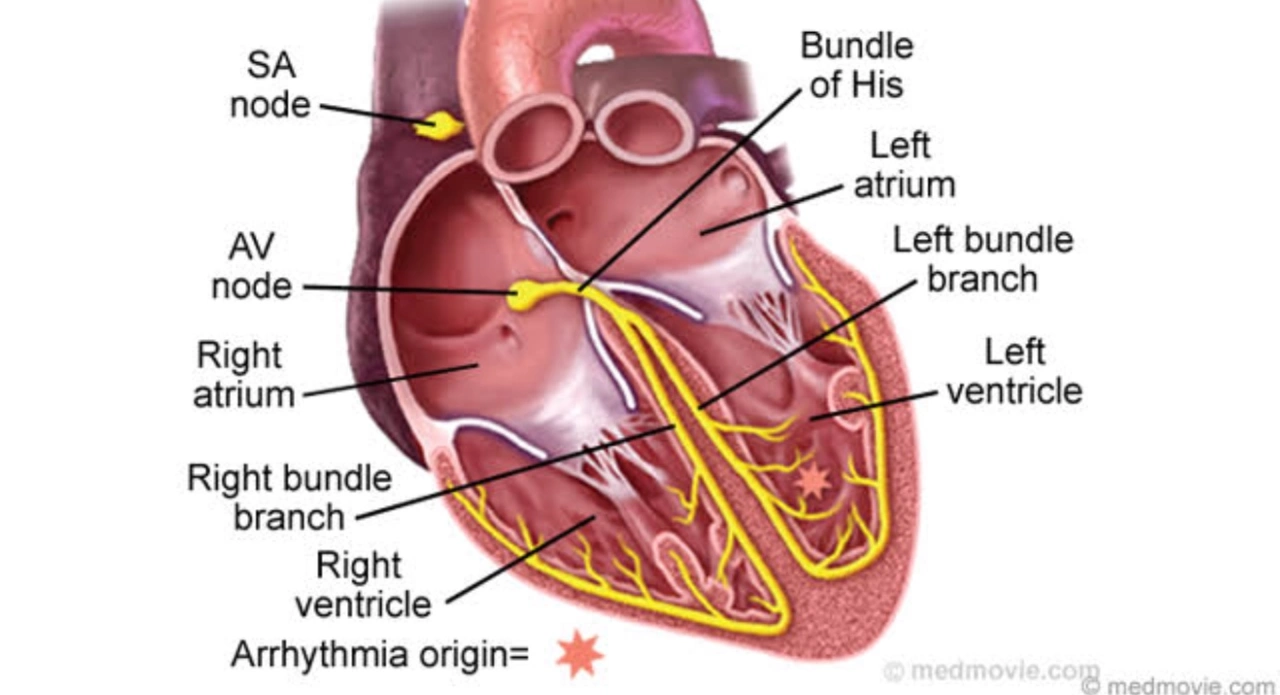Atrial Fibrillation (AF): What You Need to Know Right Now
Atrial fibrillation, or AF, is a common heart rhythm problem where the top chambers of the heart beat fast and irregular. You might feel palpitations, shortness of breath, fatigue, or nothing at all. AF raises the risk of stroke and heart failure, but there are clear steps you and your doctor can take to manage it well.
Symptoms and how doctors find AF
Typical symptoms include a fluttering or pounding chest, feeling lightheaded, breathlessness during activity, and getting tired quickly. Some people only notice irregular pulses or fainting. If you notice these signs, a quick clinic ECG is the usual first test. If the ECG is normal but symptoms keep happening, your doctor may use a 24‑hour Holter monitor, a 2‑ to 4‑week event monitor, or an implantable loop recorder to catch intermittent AF.
An echocardiogram (heart ultrasound) checks for structural problems, and blood tests look for thyroid issues, low oxygen, or infections that can trigger AF. These tests help pin down the cause and decide the best treatment path.
Treatment choices: simple to advanced
Treatment focuses on three goals: control the heart rate, restore or keep a normal rhythm if needed, and lower stroke risk. For rate control, doctors often use beta‑blockers (like metoprolol) or calcium channel blockers (like diltiazem). Digoxin is sometimes used when others aren’t suitable.
If rhythm control is the aim, options include antiarrhythmic pills (flecainide, propafenone, amiodarone) or procedures like electrical cardioversion to reset the heart. Catheter ablation is a common procedure that targets the small electrical triggers in the heart and can be very effective for many people.
Stroke prevention is critical. Your doctor will calculate a CHA2DS2‑VASc score to estimate stroke risk and decide if you need blood thinners. Common choices are warfarin or DOACs (apixaban, rivaroxaban, dabigatran). Bleeding risk is real, so you’ll discuss benefits and precautions with your clinician.
Small lifestyle changes make a big difference. Cut back on alcohol, keep a healthy weight, treat sleep apnea if present, control blood pressure, and avoid extreme caffeine or stimulants. Staying hydrated and managing stress helps too. If you travel, pack extra meds, carry a list of prescriptions, and arrange for INR checks if you’re on warfarin.
When to get urgent help: go to the ER if you have severe chest pain, fainting, or sudden severe shortness of breath. If your pulse is very fast and you feel dizzy or faint, seek immediate care.
AF can be scary, but many people live well with it. Work with your healthcare team, learn your treatment plan, and keep a simple daily routine for meds and follow‑ups. If you want practical tips on traveling, medication timing, or managing related conditions, check our guides and keep your questions ready for your next appointment.
Atrial Fibrillation and Smoking: The Dangers and How to Quit
As a blogger, I recently explored the topic of Atrial Fibrillation (AFib) and smoking. I learned that smoking is a major risk factor for developing AFib as it can damage the heart's electrical system and lead to irregular heartbeats. The dangers of AFib include an increased risk of stroke, heart failure, and other serious health complications. I also discovered that quitting smoking can help reduce the risk of AFib and improve overall heart health. To help those struggling with smoking, I shared various strategies to quit, such as nicotine replacement therapy, counseling, and support groups.

